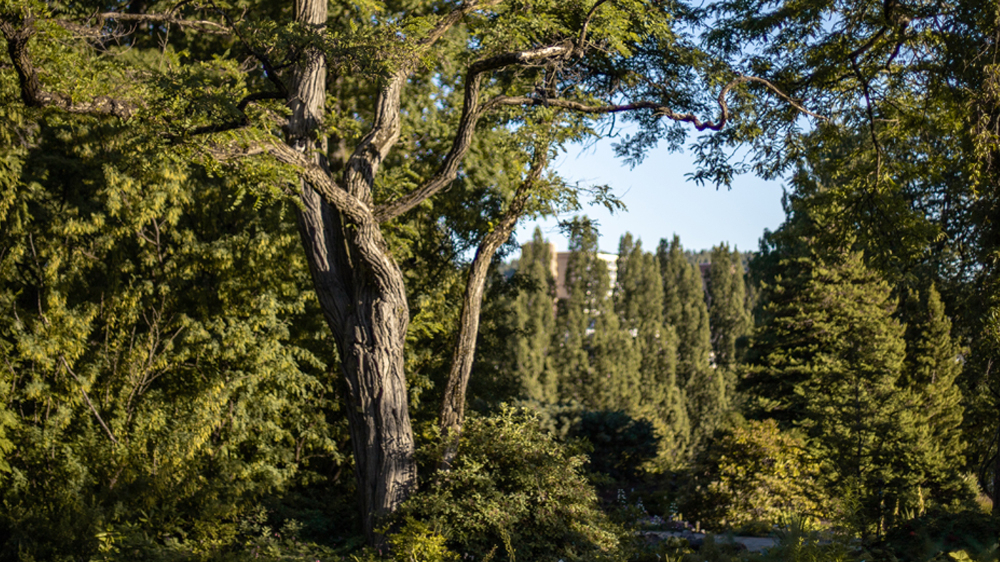About the lecture:
Story telling plays a crucial role within the environmental humanities, in part because “good stories” – as William Cronon put it – “make us care”. By telling good stories, by relating the lives of non-human beings through narrative, Cronon and others contend, we begin to “feel with” the more-than-human. In so doing, we may be able to transform our habits and ways of thinking, and this can lead to significant social and political transformations. Recently, however, a number of critics have challenged story telling in relation to non-animal beings. This is because, story telling seems to rely on empathy. Yet, non-animal beings, including trees and soil, do not have a clearly audible voice or face. Furthermore, it is perhaps impossible to claim that they have feelings or experiences. In this talk, I’d like to address this challenge in relation to trees. Can we tell tree stories that do not rely on empathy, on likeness and shared experience? My aim in this paper is to answer this question by articulating an alternative form of story telling – one inspired by the methodologies developed by Johann Wolfgang von Goethe and Alexander von Humboldt.
About the presenter:
 Dalia Nassar is Associate Professor of Philosophy at the University of Sydney. Her research sits at the cross-roads of the history of German philosophy, the history of science, environmental philosophy, ethics, and aesthetics. She is the author of two monographs, Romantic Empiricism: Nature, Art, and Ecology from Herder to Humboldt (OUP 2022) and The Romantic Absolute: Knowing and Being in Early German Romantic Philosophy (Chicago 2014), and editor of a number of books, including, most recently, Women Philosophers in the Long Nineteenth Century: The German Tradition (OUP 2021, with Kristin Gjesdal). She has collaborated with plant physiologist Margaret Barbour, and with Luke Fischer, she co-edited the 2015 issue of the Goethe Yearbook on “Goethe and Environmentalism.” Her work has been translated into Norwegian, German, and Portuguese.
Dalia Nassar is Associate Professor of Philosophy at the University of Sydney. Her research sits at the cross-roads of the history of German philosophy, the history of science, environmental philosophy, ethics, and aesthetics. She is the author of two monographs, Romantic Empiricism: Nature, Art, and Ecology from Herder to Humboldt (OUP 2022) and The Romantic Absolute: Knowing and Being in Early German Romantic Philosophy (Chicago 2014), and editor of a number of books, including, most recently, Women Philosophers in the Long Nineteenth Century: The German Tradition (OUP 2021, with Kristin Gjesdal). She has collaborated with plant physiologist Margaret Barbour, and with Luke Fischer, she co-edited the 2015 issue of the Goethe Yearbook on “Goethe and Environmentalism.” Her work has been translated into Norwegian, German, and Portuguese.
